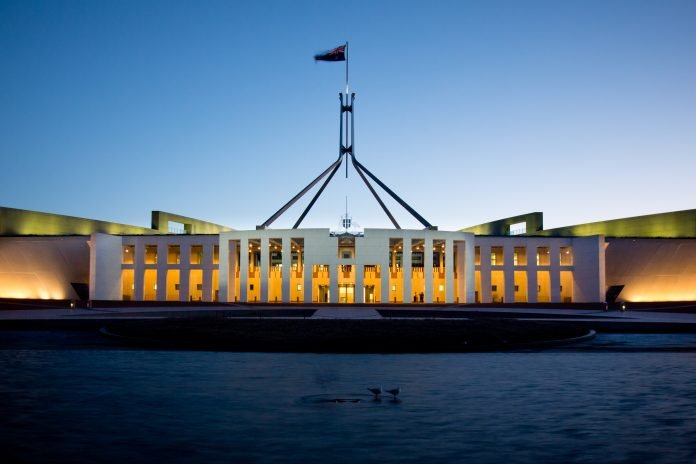Aged care leaders from across Australia are meeting today as part of a landmark summit at Old Parliament House in Canberra. The summit aims to address the substantial funding gap of $30 billion between the nation’s current spending on elderly care and the amount needed to meet international standards. The event comes in the wake of the release of the Australian Government’s draft National Strategy for the Care and Support Economy, which emphasises the need for collaboration between the government and the private sector in addressing the challenges of aged care.
The Financial Sustainability Summit will bring together experts from aged care providers, unions, consumer groups, academics, and public policy specialists to explore potential solutions and develop a sustainable funding model for the next two to three decades. Attendees include major aged care providers, COTA CEO Pat Sparrow, HSU’s Lloyd Sampson, UTS Prof Mike Woods, and StewartBrown’s Grant Corderoy.
Australia’s expenditure on aged care currently stands at approximately $34 billion per year, accounting for 1.2% of the country’s GDP, which is only half of the average spent by OECD countries. The funding challenge is expected to escalate in the future due to the rapidly aging population. Currently, over 4.1 million Australians, nearly 16% of the population, are aged 65 or older. By 2057, this figure is projected to rise to 8.8 million, or 22% of the population, and by 2097, it is estimated to reach 12.8 million people – about one in four Australians.
To tackle these challenges, the Australian Government established an Aged Care Taskforce to review funding arrangements for aged care, including the possibility of increased contributions from older Australians themselves. The taskforce’s recommendations are set to be released later this year. The Royal Commission into Aged Care Quality and Safety has also acknowledged the need for improved financing arrangements to ensure the sustainability of the aged care system.
Various proposals will be discussed at the summit, including the role of taxation, levies, and social insurance in ensuring the long-term financial sustainability of the aged care system. Attendees will evaluate the benefits, outcomes, risks, and barriers associated with each policy option. Changes to consumer contributions mean testing, pre-funded financial products, and pay-as-you-go models will also be examined to establish an equitable and sustainable aged care system.
The Aged Care Community Providers Association (ACCPA) believes that a financially sustainable aged care system should encompass four key dimensions: fiscal sustainability, societal sustainability, workforce sustainability, and financial sustainability. ACCPA emphasises the need for affordability for taxpayers, community satisfaction with care quality, an adequate and skilled aged care workforce, and provider viability and confidence to invest in the sector.
The summit has garnered support from Opposition leader Peter Dutton who has expressed in-principle support for greater co-contributions in aged care to enhance the system’s financial sustainability.
However, Dutton emphasised the importance of measured approaches that avoid imposing new taxes or a death tax. The government, while not explicitly revealing its planned changes, will have the taskforce review the means test threshold on the family home and the system of Refundable Accommodation Deposits (RADs).
The summit presents a critical opportunity for stakeholders in the aged care sector to collaborate and devise solutions to bridge the funding gap and ensure the provision of quality care for older Australians and the sustainability of the sector that supports them.
The recommendations and outcomes of the summit are expected to shape future policies and funding arrangements for the nation’s aged care system.










